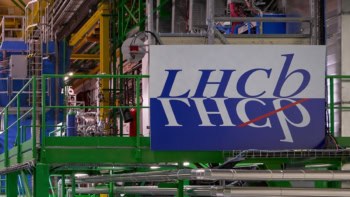Greater cooperation between the major players in US astronomy could be on the cards following the rejection of a suggestion from the White House that all projects be managed by NASA. A National Research Council panel of eleven senior astronomers recommended that the Bush administration should instead establish a strategy to coordinate the efforts of NASA and the National Science Foundation. Ground- and space-based astronomy would be more closely integrated under the NRC proposal.
NASA has traditionally funded projects associated with large space missions – such as observations with the Hubble Space Telescope – and currently funds nearly three-quarters of such experiments. The National Science Foundation (NSF) provides grants for the individual scientists who conduct smaller ground-based experiments or theorists who analyse data gathered in space. The organisations recently worked together on the Boomerang experiment in the Antarctic to study the cosmic microwave background.
Although a single agency might lead to a more coherent US astronomy programme, the experts believe that the interests of both NASA and the NSF would be better served by closer cooperation rather than complete integration. They argue that giving NASA full control could favour large, one-off missions at the expense of ongoing smaller experiments and education initiatives conducted by the National Science Foundation. The government-appointed panel was headed by Norman Augustine, retired boss of aerospace company Lockheed Martin.



